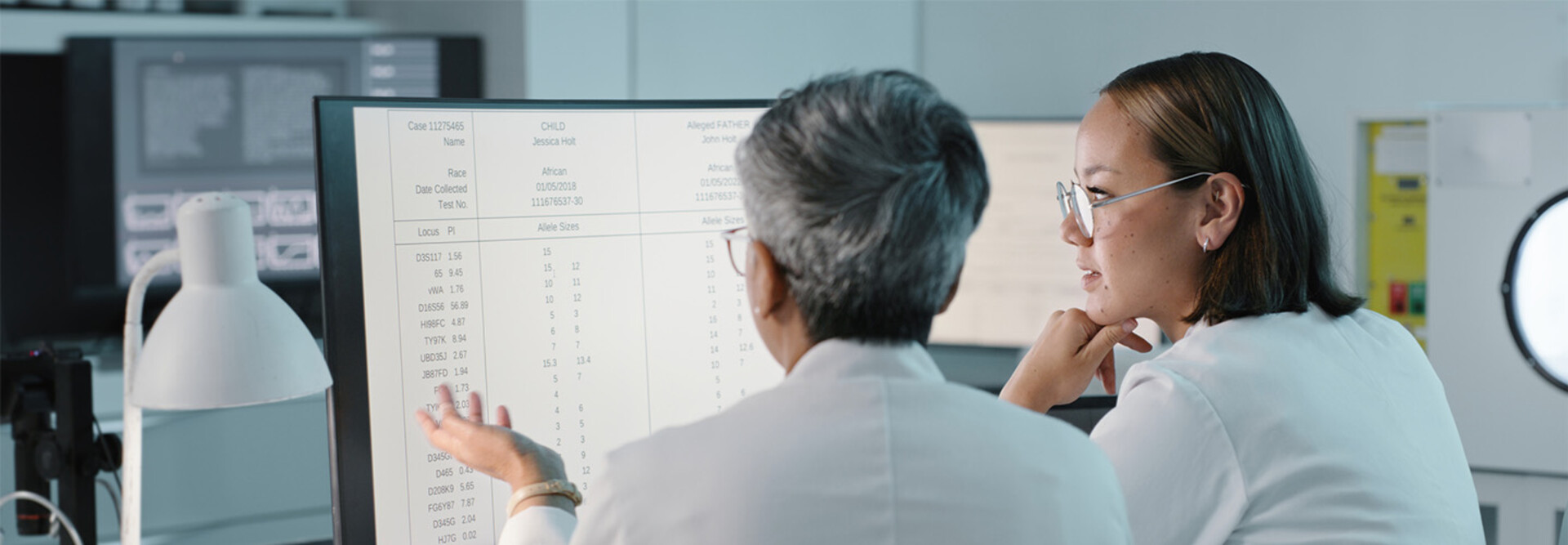What Is a Modern Data Platform and How Does It Benefit the EHR?
Integrating a modern data platform into an EHR can offer numerous benefits, Turk says. Healthcare organizations can realize improved interoperability across systems and facilities, reduced infrastructure and maintenance costs, faster innovation cycles with access to cutting-edge tools, and enhanced patient outcomes through predictive analytics and personalized care.
Moreover, with their EHRs on a modern data platform, healthcare systems can unleash the vast potential of artificial intelligence. “We unlock advanced analytics, real-time data access and AI-driven insights that can dramatically improve clinical decision-making and operational efficiency,” Turk says.
Today, many healthcare organizations bolt AI-enabled, single-purpose tools onto legacy EHR infrastructures and workflows, according to Seema Verma, executive vice president and general manager at Oracle Health and Life Sciences. But this approach leaves AI unable to access different types of real-time data, so that AI can repeat past mistakes, present inaccuracies and biases as truth, and become prone to hallucinations and costly errors, Verma notes.
“AI works best when it has access to comprehensive data,” Verma says.
Oracle embeds AI agents directly into the EHR system, she explains. Rather than training on historical data that’s frozen in time, the AI in Oracle’s modern data platform constantly learns, staying current with medical evidence, clinical best practices and coverage rules. With continuously updated and contextualized data, AI can spot emerging trends, optimize resources and update care in real time.
In addition, the Oracle platform’s knowledge graph maps relationships across the healthcare industry’s data domains. As a result, the platform’s AI knows, for instance, that “heart attack” and “myocardial infarction” are the same thing, or that a hemoglobin A1C lab result can indicate diabetes.
READ MORE: AI is the next stop on healthcare’s EHR optimization journey.
The Role of Data Governance in Cloud-EHR Integration
The success of an integration rests on the quality of the data. “AI is only as good as the data it learns from,” Verma says.
With high-quality data, healthcare organizations can leverage a modern data platform to achieve reliable analytics and reporting, reduced clinical errors, and better resource allocation.
Data governance — establishing clear policies for data stewardship, access controls and lifecycle management — is paramount.
“Data governance and quality are the backbone of any successful cloud-EHR integration. It’s not just about technology, it’s about culture and accountability,” Turk says. “Governance ensures that data is accurate, secure and used responsibly.” That’s especially critical in healthcare, where patient trust and regulatory compliance are nonnegotiable.












